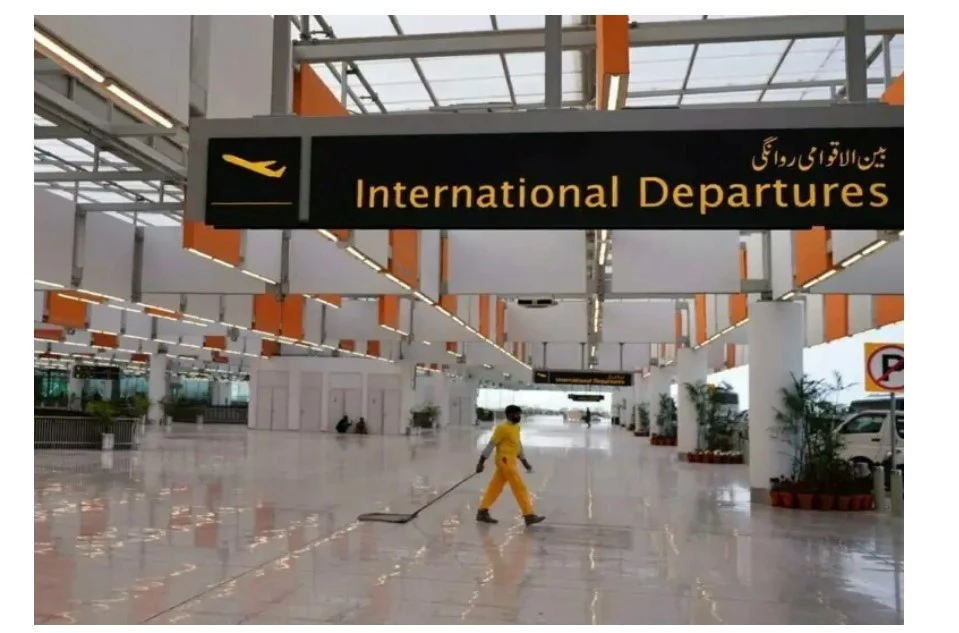WHO extends travel restrictions on Pakistan

Stay tuned with 24 News HD Android App

Emphasizing the persistent risk of a polio outbreak in Pakistan, the World Health Organisation (WHO) extended travel restrictions on the country for another three months, reported the 24NewsHD TV channel.
On the recommendation of the Emergency Committee on Polio,
the World Health Organization has extended these restrictions for three months while maintaining the travel restrictions on Pakistan.
This ban has been maintained due to the presence of poliovirus in the country, while Pakistan and Afghanistan have been declared a threat to the global spread of polio.
According to the statement, the 37th meeting of the Emergency Committee under the International Health Regulations (2005) (IHR) on the international spread of poliovirus was convened by the WHO Director-General on 12 December 2023.
The Emergency Committee reviewed the data on wild poliovirus (WPV1) and cessation of outbreaks of cVDPV2.
Technical updates were received about the situation in the following countries: Afghanistan, Egypt, Guinea, Mauritania, Nigeria, Pakistan and Zimbabwe.
There have been four new cases of WPV1 in Pakistan since the last meeting, bringing the total to six in 2023.
Furthermore, there has been a large increase in environmental detections, with 60 positive samples found in the three months from September to November, bringing the total in 2023 to 82.
After a period of non-detection, new transmission is occurring in the Quetta Block in Balochistan, in Karachi in Sindh, Islamabad / Rawalpindi and in Peshawar in Khyber Pakhtunkhwa (KP) province. Although the implementation of a polio action plan in southern KP has resulted in 160,000 more children being vaccinated, the context remains challenging: political instability, insecurity in some areas, with frontline workers requiring police patrols to accompany them, and vaccination boycotts where communities make demands for other services in exchange for allowing polio vaccination. The program continues to miss a significant number of children in Pakistan.
The Committee unanimously agreed that the risk of the international spread of poliovirus remains a Public Health Emergency of International Concern (PHEIC) and recommended its extension and of Temporary Recommendations for a further three months for Pakistan tourists.
The emergency committee warned that due to the ongoing transmission in eastern Afghanistan with cross-border spread into Pakistan and the large pool of unvaccinated zero-dose children in southern Afghanistan constitutes an ongoing risk of WPV1 re-introduction into the southern region.
WHO’s International Travel and Health recommends that all travelers to polio-affected areas be fully vaccinated against polio. Residents (and visitors for more than 4 weeks) from infected areas should receive an additional dose of OPV or inactivated polio vaccine (IPV) within 4 weeks to 12 months of travel.
Reporter: Baber Shahzad Turk
